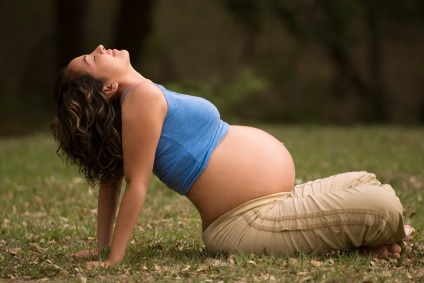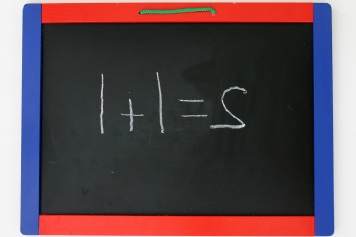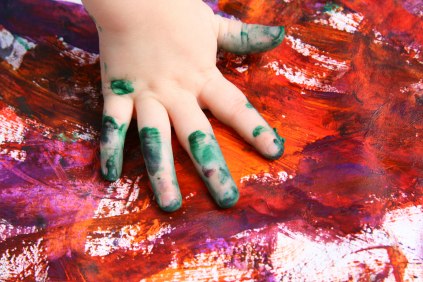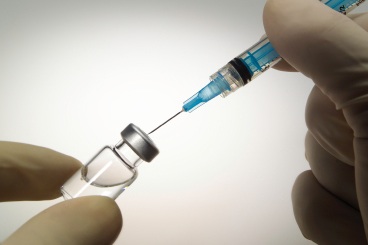Babies usually do not break bones since their bones are not hard enough. They bend rather than break. Occasionally, they may bend and crack like a green twig rather than rather than snapping like a dry one. This is what is called a greenstick fracture. There are no sharp ends of bone inside the limb to damage blood vessels and muscles. The bone cannot get out of alignment, so it does not need to “set”, nor will movement make it worse.

Fractures []
While you wait for the ambulance, comfort the child and make him lie down. Put the affected limb in whatever position seems most comfortable. Do not encourage him to use it. Do not give him anything to eat or drink, because if the limb is fractured, he may need an anesthetic.
If your child can use the limb after half an hour and does not complain of pain any more, you can assume that nothing is wrong with him. But, if the pain does not subside, and if the limb hurts very much if he tries to use it, take him to a doctor.
Serious fracture: if the fracture is complete, it may damage blood vessels and muscles nearbyas the broken end sof the bone move around. If the fracture is “compound” with a wound exposing the broken bone, there is a major risk of infection. Cover the whole area with a big sterile dressing, or the clean side of a handkerchief if you cannot find anything else. Do not attempt to wash or interfere with such a wound; whatever you do will be redone in the hospital.
Do not give your child anything to eat or drink because he will need an anesthetic.
Do not move the child unless he gets up on his own. This way you can be sure that he has not harmed his spine, pelvis or a bone in his thigh. Make him feel comfortable and keep him calm and still till an ambulance arrives. The more he moves, the more he will hurt himself and the more difficult it will be to set the bone.
For a broken wrist, arm or collar bone, put padding around the injured areaand, if your child will let you, gently fold his arm across his chest, then support it in a sling. Do not try to force his arm into this position.
For a broken leg or ankle, put padding round the injured areaand between his knees and ankles. Bandage the injured leg to the sound one, securing it above and below the injury. Put some padding under the knots where you have tied it too. If he must be carried, carry him flat as if he were on a stretcher.
Your child will also want constant explanations as to what is happening to him. Tell him the truth and if his limb is put into a cast, reassure him that his leg will be fine in a few days.










